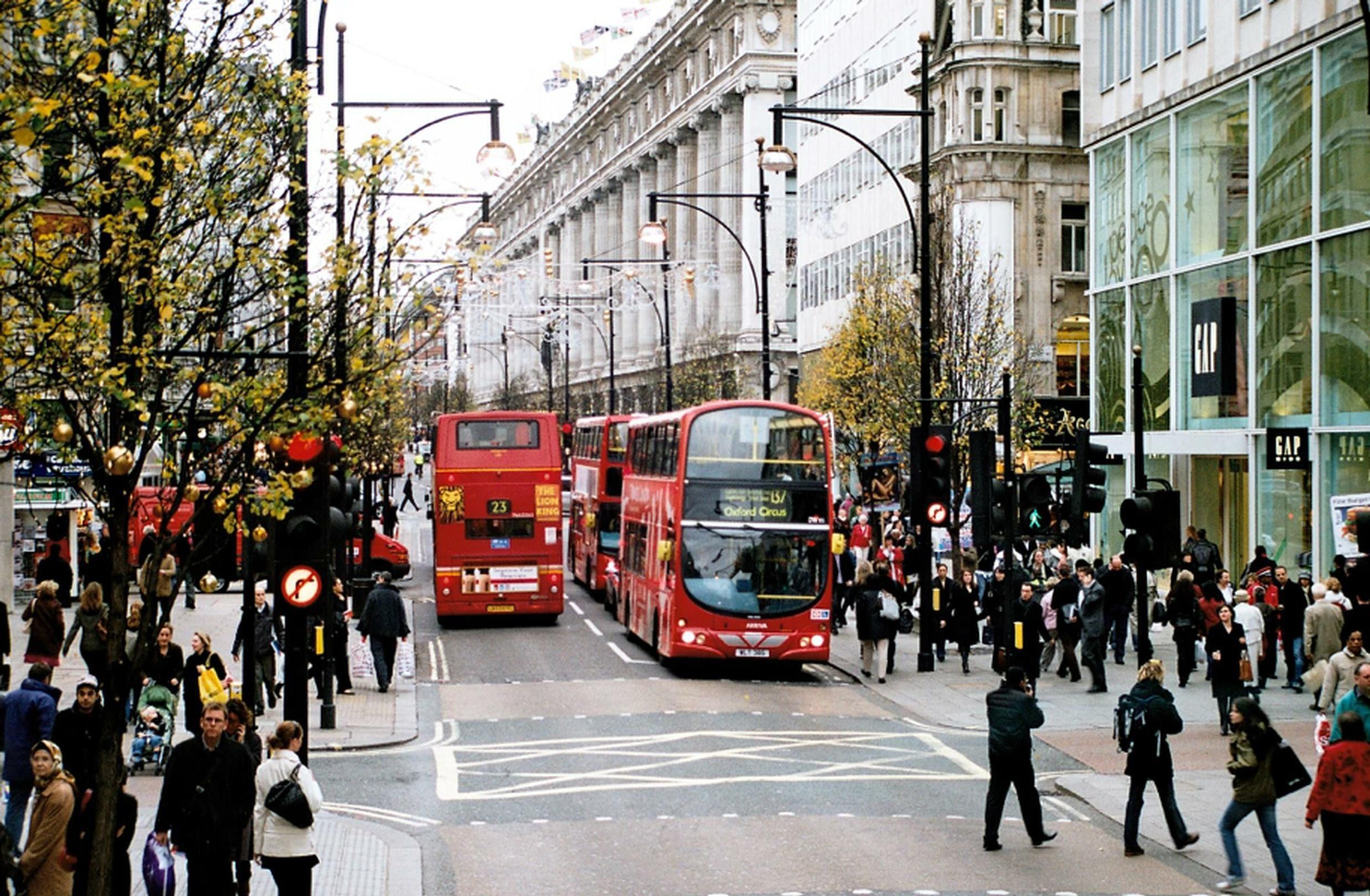The United Kingdom (UK) economy slipped into a recession at the end of 2023, after output contracted by more than expected in the final three months, according to official figures.
The Office for National Statistics (ONS) estimated that gross domestic product (GDP) fell by 0.3 per cent in the fourth quarter, following a decline of 0.1 per cent in the previous three months.
It meant that the economy entered a technical recession, as defined by two or more quarters in a row of falling GDP.
It marked the first time the UK had entered recession since the first half of 2020 when the initial COVID-19 lockdown sent the economy plunging into reverse.
- Hardship: Nigeria sitting on keg of gunpowder – Sultan
- Uniabuja, British school to train 5m students on digital skills
The figures dealt a blow to Prime Minister Rishi Sunak, who had promised to grow the economy as one of his five priorities.
Chancellor Jeremy Hunt said inflation and high-interest rates were behind the output fall but insisted the economy was turning a corner.
He said: “While interest rates are high so the Bank of England can bring inflation down low growth is not a surprise.
“But there are signs the British economy is turning a corner; forecasters agree that growth will strengthen over the next few years.
“Wages are rising faster than prices, mortgage rates are down and unemployment remains low.
“Although times are still tough for many families, we must stick to the plan of cutting taxes on work and business to build a stronger economy.”
Shadow chancellor Rachel Reeves said the Prime Minister’s promise to grow the economy was in tatters.
“The Prime Minister can no longer claim credibly that his plan is working or that he has turned the corner on more than 14 years of economic decline under the Conservatives that has left Britain worse off.
“This is Rishi Sunak’s recession and the news will be deeply worrying for families and businesses across Britain,’’ he said.
The fourth quarter contraction was the biggest since the first three months of 2021, at the height of the pandemic.
Most economists were forecasting a 0.1 per cent decline in GDP between October and December.
The ONS said output fell 0. 1per cent in December after downwardly-revised growth of 0.2 per cent in November, while the contraction in October was also worse than first thought.
The first thought at 0.5 per cent against the 0.3 per cent fall initially estimated.
Across the year as a whole, the economy grew but by an anaemic 0.1 per cent, down from 4.6 per cent in 2022.
It also happened when stripping out the pandemic-hit plunge seen in 2020, the weakest growth since the aftermath of the financial crisis in 2009.
The ONS said the contraction was broad-based across the economy in the fourth quarter.
“All the main sectors fell on the quarter, with manufacturing, construction and wholesale being the biggest drags on growth, partially offset by increases in hotels and rentals of vehicles and machinery.
“The latest data showed that health and education performed less well than initially estimated in both October and November.
“Early indications suggest they both contracted in December.
“Retail and wholesale were the biggest overall downwards pulls on the economy in December, partially offset by growth in computer programming and manufacturing,’’ Liz McKeown, said.
McKeown is the ONS director of economic statistics. (dpa/NAN)

 Join Daily Trust WhatsApp Community For Quick Access To News and Happenings Around You.
Join Daily Trust WhatsApp Community For Quick Access To News and Happenings Around You.



